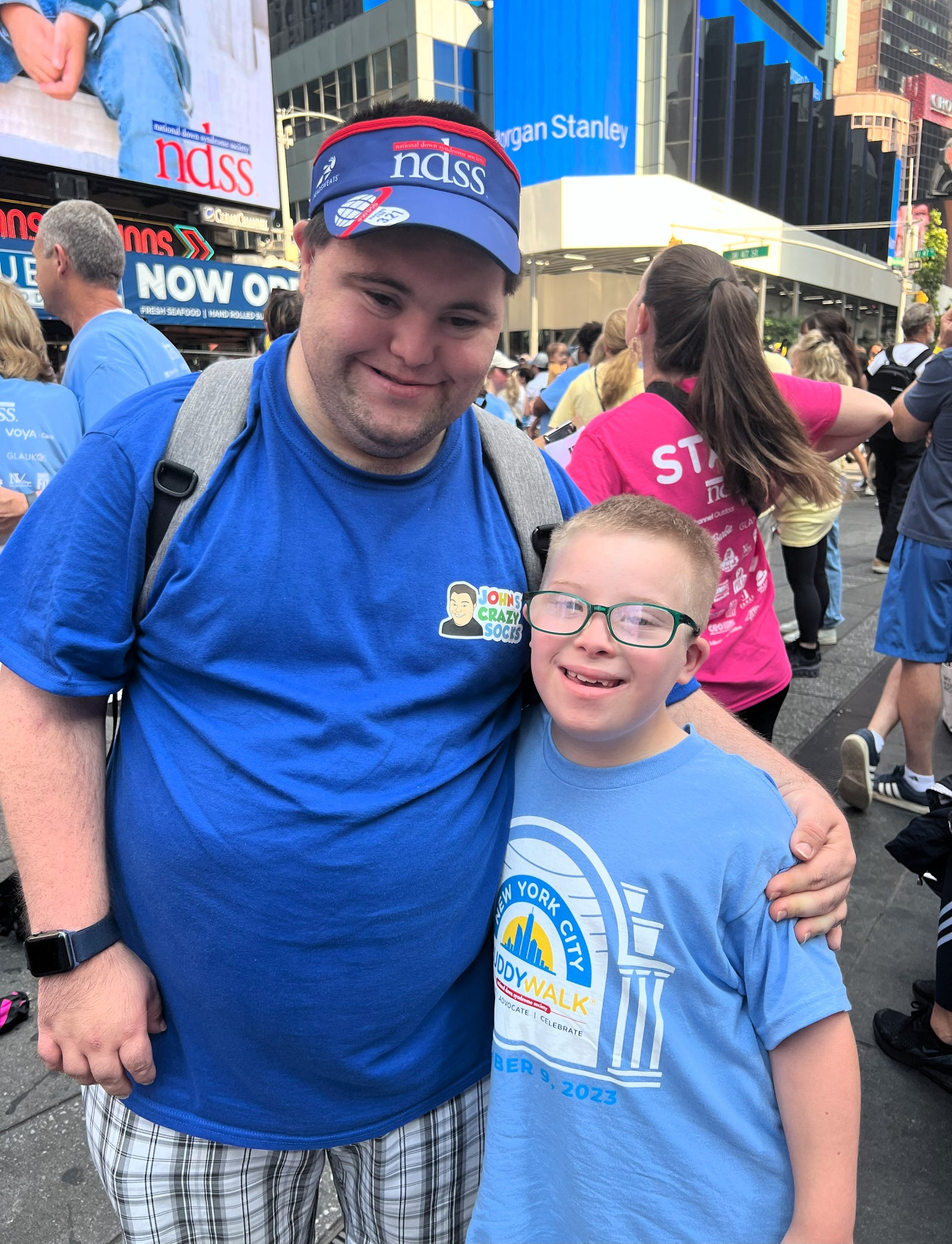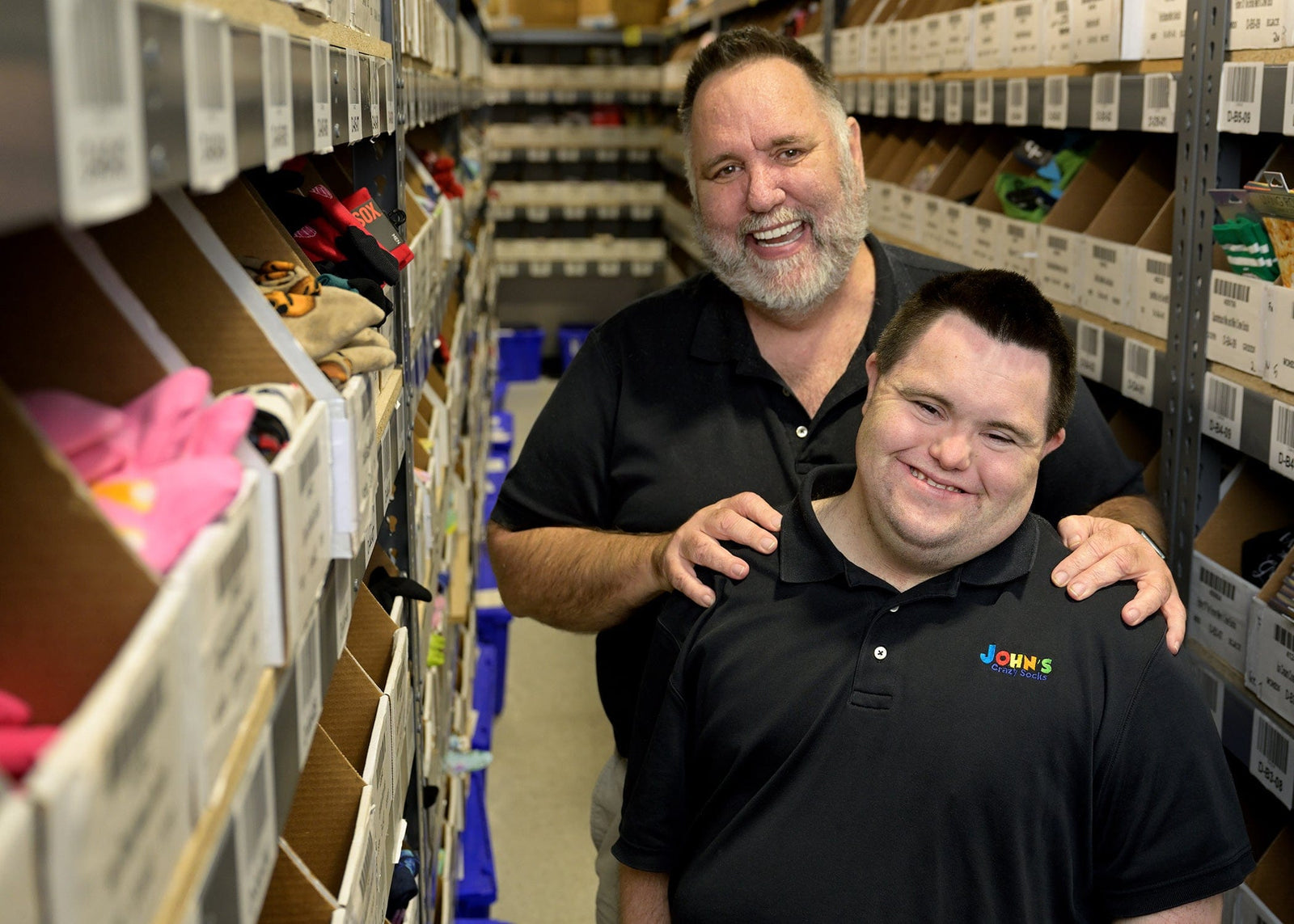There is an awful reality that confronts people with Dwon syndrome and their families: nearly every person with Down syndrome will develop Alzheimer’s. Despite this foreboding future, people with Down syndrome are barred from the promising trials of drugs to address Alzheimer's disease, drugs that could change the future for thousands of people with Down syndrome. This inequity needs to change.

Work for Change – Sign a Petition
People with Down syndrome should have access to drug trials for the very drugs that could save them from the scourge of Alzheimer’s. Please sign this petition from the LuMind IDSC Foundation seeking equal access to drug trials for people with Down syndrome: https://medequity4ds.org.

Down Syndrome and Alzheimer’s Disease
A November 2022 study found that Alzheimer’s disease among people with Down syndrome is “virtually universal by age 40 years, and the lifetime risk to develop dementia is over 90%. Alzheimer’s disease is now the main medical problem and leading cause of death in this population.”
Alzheimer’s has become a leading cause of death among people with Down syndrome. The Washington Post reported: “Of the 210,000 people with Down syndrome, about a third have Alzheimer’s, or are at high risk because of their age, with the average age of diagnosis about 54. The illness worsens relatively quickly, with individuals dying within four years.”
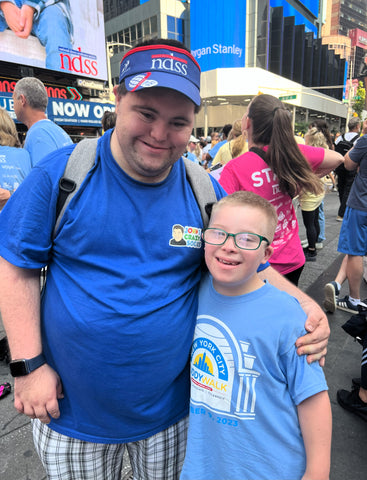
Let these numbers and this reality sink in. My son and business partner John has Down syndrome. He is thriving today as the co-founder and leader of our business, John’s Crazy Socks. He is an entrepreneur, a public speaker, a philanthropist, an athlete, a dancer and so much more, a person not limited by Down syndrome. John is full of life and has a huge, empathetic heart. Yet he has this tragic future awaiting him.
We have seen first-hand what Alzheimer‘s has done to another family member. It can be overwhelming to think that John has within him this awful disease waiting to wreck him from the inside out. When we talk about Alzheimer’s disease, it is deeply personal. John and others with Down syndrome are not statistics, they are our sons and daughters, brothers and sisters, friends, relatives, and co-workers.
Down Syndrome and Alzheimer’s Research
While people with Down syndrome are left out of the leading research into Alzheimer’s today, it was not always so. In the 1990’s, medical studies of people with Down syndrome led to the breakthrough that found the role that genetics play in the development of Alzheimer’s disease. Those revelations led to the current research into anti-amyloid drugs that may halt the development of Alzheimer’s.
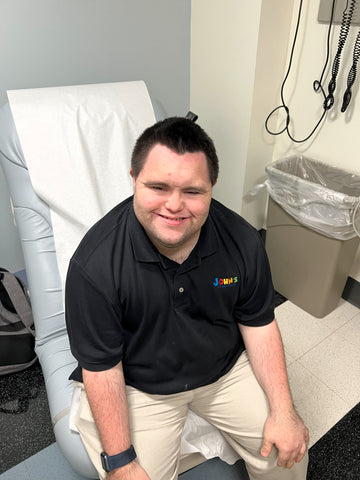
Yet Hampus Hillerstrom and Jo Ann Simons published an op-ed article in the Boston Globe on how “no one with Down syndrome was included in the 30 clinical trials conducted over the past 13 years that led to the development of three promising anti-amyloid drugs — Biogen’s Aduhelm, Eisai’s Leqembi, and Eli Lilly’s donanemab. In fact, the Down syndrome population was specifically excluded from the trials because the before and after assessments were not adapted to assess people with intellectual disabilities.”
Gaining Access to Drug Trials
We cannot sit idly by. We have to take action to change the path that leads to Alzheimer’s. John, along with hundreds of other people with Down syndrome, have enrolled in medical studies of people with Down syndrome. But we need the government and medical research teams to help or at least to stop excluding people with Down syndrome for research into Alzheimer’s disease.
Please sign this petition from the LuMind IDSC Foundation seeking equal access to drug trials for people with Down syndrome: https://medequity4ds.org. Let your elected officials know that you want people with Down syndrome included in all Alzheimer’s research projects.
We need to do it for John and the thousands of others with Down syndrome whose future depends on it.
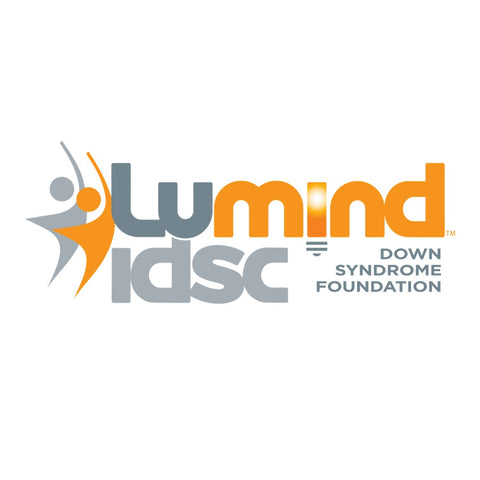
About John’s Crazy Socks
John’s Crazy Socks was inspired by John Lee Cronin, a young man with Down syndrome, and his love of colorful and fun socks—what he calls his “crazy socks.” He and his father, Mark X. Cronin, started the company as a social enterprise with a mission of Spreading Happiness™. With more than 4,000 socks, John’s Crazy Socks is now the world’s largest sock store. More than half their employees have a differing ability, and their Giving Back program has raised over $650,000 for charity partners like the Special Olympics, the National Down Syndrome Society, and the Autism Society of America. Most of all, they are Spreading Happiness™.
For more information about John’s Crazy Socks, visit our webpage, Facebook page, Instagram account, TikTok or YouTube channel. You can also contact us at 631-760-5625 or via email at service@johnscrazysocks.com.

